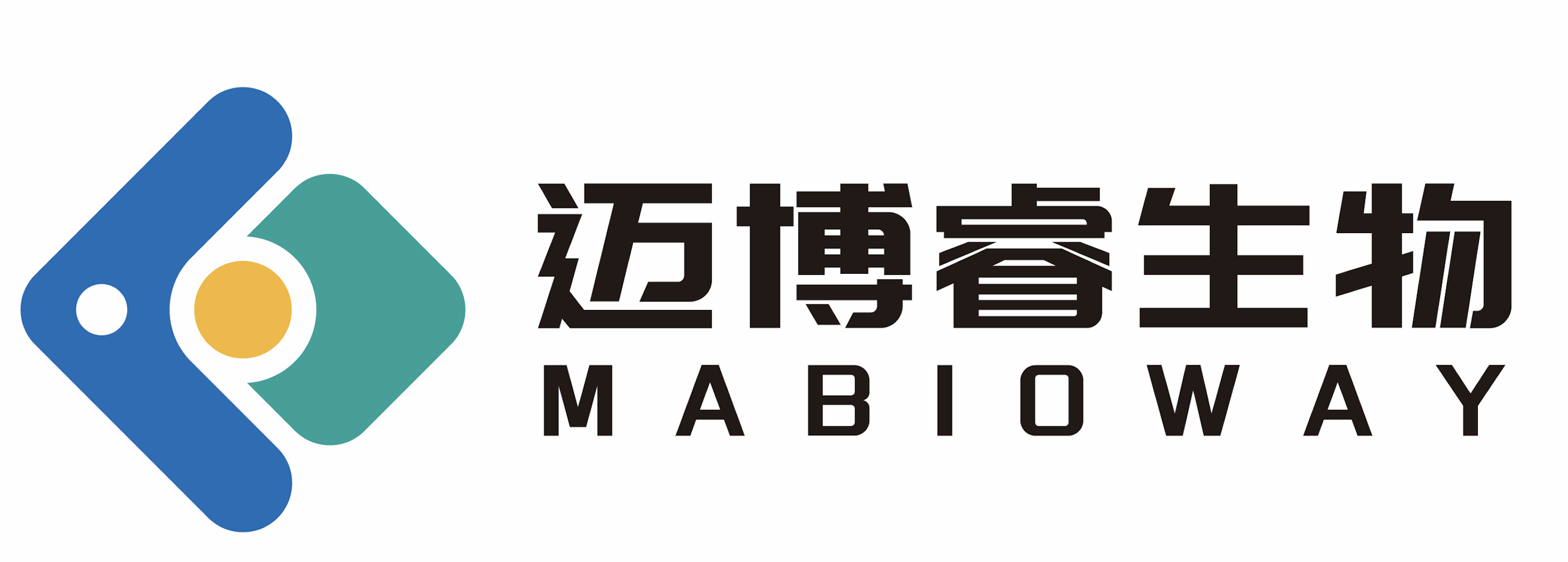Cat. No.
MABL-1476
Application
IP, therapeutic, FC, IHC
Isotype
Engineer antibody
Species Reactivity
Human
Clone No.
806
From
Recombinant Antibody
Specificity
This antibody is specific for the human delta2–7 epidermal growth factor receptor (de2–7 EGFR or EGFRvIII) which is a truncated version of the EGFR commonly expressed in glioma. This antibody does not bind wild type EGF receptor. Studies have shown that it binds a cryptic epitope on the EGFR in the region between amino acids 287–302, and it is suggested that breaking the disulfide bond preceding the epitope might allow the CR1 domain to open up sufficiently for antibody binding.
Alternative Names
de2–7 EGFR; EGF receptor; delta2–7 epidermal growth factor receptor; Epidermal Growth Factor Receptor variant III
UniProt
P00533
Immunogen
The original antibody was generated by immunization of mice with NR6 mouse fibroblasts expressing the truncated de2–7 EGFR.
Application Notes
This antibody binds the U87 MG glioma cell line transfected with the de2–7 EGFR but not the parental U87 MG cell line, which expresses the wt. EGFR without gene amplification in a flow cytometric analysis. This antibody significantly inhibited the growth of U87 MG xenografts transfected with the de2–7 EGFR in a dose-dependent manner using both preventative and established tumor models. It also inhibited U87 MG cells transfected with the wild-type EGFR, which increased expression to ;106 EGFRs/cell and mimics the situation of gene amplification. Xenografts treated with this antibody all displayed large areas of necrosis that were absent in control tumors. This antibody was also reported to y inhibit the growth of new and established A431 xenografts, a cell line expressing >106 EGFRs/cell. This antibody was also used for the immunoprecipitation of de2–7 EGFR from U87 MG.D2–7 cells. This antibody was also used for the immunohistochemical analysis of frozen sections derived from U87 MG, U87 MG.D2–7, and U87 MG. wt. EGFR xenografts (PMID: 11454674). Chimeric version of this antibody displayed enhanced antibody- dependent cellular cytotoxicity against target cells expressing the de2-7 EGFR in the presence of human effector cells. In vivo therapy studies with chimeric 806 demonstrated significant antitumor effects on established de2-7 EGFR xenografts in BALB/c nude mice compared to control, and murine 806 (PMID:15770208). This antibody is reported to be effective in blocking EGFRvIII signaling and inducing tumor cell apoptosis, resulting in tumor regression in the EGFRvIII-driven murine lung cancers in genetically engineered mice with lung tumors. This antibody shows promise in the treatment of the population of human non-small cell lung cancer (NSCLC) patients with these 2 classes of EGFR mutations (PMID: 17256054). This antibody in combination with EGFR tyrosine kinase inhibitor AG1478 synergistically inhibits the growth of tumors overexpressing EGFR (PMID: 17092939). Humanized version of this antibody called ABT-806 binds the mutant EGFRvIII with high affinity, inhibits the growth of squamous cell carcinoma xenograft models expressing high levels of wild-type EGFR. It was also reported that ABT-806 may have antitumor activity superior to cetuximab in EGFRvIII expressing tumors and similar activity to cetuximab in tumors highly overexpressing wild-type EGFR with reduced toxicity (PMID: 25731184).
Antibody First Published
Luwor et al. Monoclonal antibody 806 inhibits the growth of tumor xenografts expressing either the de2-7 or amplified epidermal growth factor receptor (EGFR) but not wild- type EGFR. Cancer Res. 2001 Jul 15;61(14):5355-61. PMID:11454674
Note on publication
Describes the generation of this antibody and examines the antitumor activity of this antibody against human tumor xenografts grown in nude mice.
Size
100 μg Purified antibody.
Concentration
1 mg/ml.
Purification
Protein A affinity purified
Buffer
PBS with 0.02% Proclin 300.
Storage Recommendation
Store at 4⁰C for up to 3 months. For longer storage, aliquot and store at - 20⁰C.


